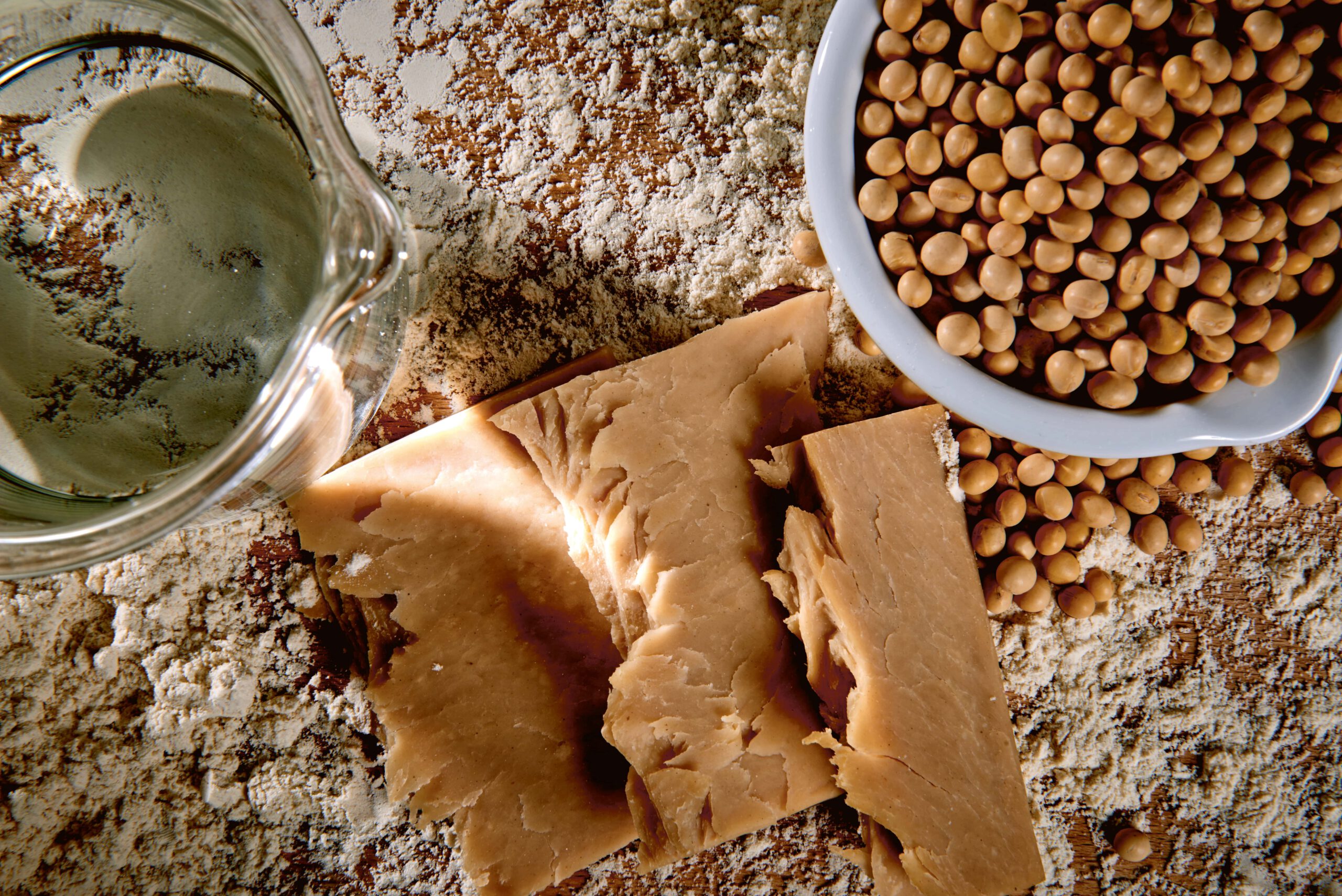Alternative protein sources are intended to feed the world’s population and reduce emissions. Researchers are investigating how responsible innovations in protein transformation are.
Berlin/Germany, February 12, 2025 Plants, algae, insects and fungi – they are all considered alternatives to animal protein sources and are expected to feed the world’s population in the future. Their advantage: they make a significant contribution to climate protection, biodiversity and a healthy diet. This is why the focus is now shifting to technologies that process protein-rich plants into alternative products or produce cultured meat in the future. For 2024, the German government has earmarked 38 million euros for investments in the transition to plant-based and other alternative protein sources. However, no one yet knows whether the associated innovations will really be sustainable.
This is where the ‘Responsible Innovation and Protein Transition’ (RI-ProT) project aims to provide clarity. ‘We are looking at what raw materials, products and technologies are currently available on the market, but also at what problems exist and where solutions still need to be found in the future,’ explains Dr Cornelia Rauh, Professor of Food Biotechnology and Process Engineering. At the end of the project, an innovation radar will be developed to advise stakeholders in business and politics on whether an innovation in the field of alternative proteins is responsible and sustainable.
The RI-ProT team wants to find out what drives the economy to drive innovation, what problems it faces and what its wishes are. On the consumer side, the level of knowledge is to be analysed in focus groups: What fears or prejudices exist? What potential is seen in the new protein sources? ‘The desire to eat a healthier, more natural and additive-free diet is growing among many people,’ says Prof Dr Martina Schäfer. Ethical issues, such as animal husbandry, are also increasingly being discussed in the global North.
The sustainability researcher is also responsible for promoting inter- and transdisciplinary cooperation in the project, which also involves innovation systems researcher Dr Dagmara Weckowska from the Free University of Berlin and political scientist Prof Dr Peter Feindt from the Humboldt University of Berlin. Regular meetings with organisations from the food industry, agriculture and consumer protection – also project partners – are also part of the project. ‘It is essential to think in advance about how the dialogue between the very heterogeneous partners can be methodically supported,’ explains Martina Schäfer.
The good old pea stew
For the plant breeders‘ association involved in the project, the question arises as to which regional plants, such as field beans or lupins, could be cultivated as sources of protein in this country. In turn, companies are considering how they could offer the protein plants, for example peas and lupins, to consumers: naturally or processed into a shredded product?
A specialist from the Charité is to look into how healthy such a processed product is. ‘Maybe the good old pea stew will be healthier in the end,’ laughs Cornelia Rauh. What Rauh and Schäfer appreciate about the Berlin University Alliance is that scientists from all of Berlin’s universities and from a wide range of disciplines are working together on a project.
ImageSource
Philipp Arnoldt, Alternative protein source: ground soya beans can be processed into meat substitute products using extrusion technology.


